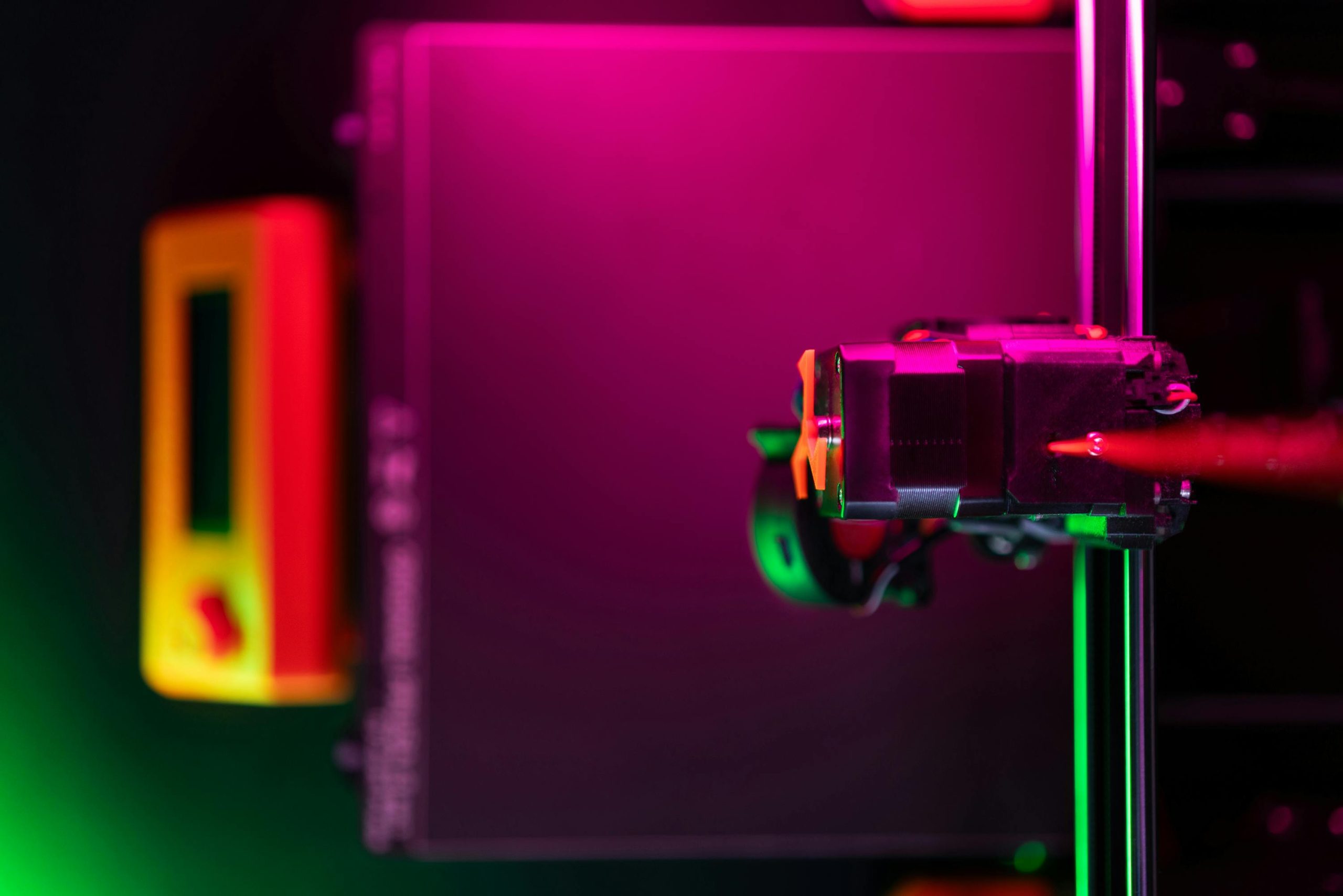Why are the standards for AI above those of normal people
Understanding the High Standards for Artificial Intelligence: Are We Setting the Bar Too High?
In today’s rapidly evolving technological landscape, artificial intelligence (AI) continues to captivate both experts and the general public. Despite its remarkable advancements, some critics hold AI to extraordinarily high standards, often expecting it to mimic perfect human cognition or surpass it seamlessly. This raises an important question: why are the expectations for AI’s capabilities often set so far above those we hold for ordinary individuals?
The Reality of AI Performance Versus Consumer Expectations
Many marketing campaigns promise AI that approaches superintelligence, fueling the belief that these systems should be infallible. Consumers might pay a modest fee—say, $20 a month—for an AI-powered service, only to encounter inaccuracies or misunderstandings. While these imperfections can be frustrating, it’s vital to contextualize AI’s performance within a broader comparison.
Humans Are Imperfect Every Day
Everyone makes mistakes—friends, colleagues, even ourselves. It’s common to encounter individuals who are mistaken more than half the time in their statements or judgments. Despite these imperfections, we often accept human fallibility as normal, yet we expect AI, which is still relatively young and evolving, to be flawless.
The Exceptional Progress of Modern AI
What truly amazes many users is how AI systems outperform traditional methods and previous generations of technology. Even with occasional errors, AI demonstrates capabilities that are still far beyond what most people can achieve with comparable resources. It can process vast amounts of data rapidly, recognize patterns with high accuracy, and assist with complex tasks that would take humans significantly longer.
Are Our Expectations Realistic?
Given these considerations, it’s worth reflecting on whether our standards for AI are fair or overly ambitious. When we evaluate AI’s performance, it’s crucial to recognize its advancements and limitations realistically. Unlike human cognition, AI relies on algorithms and data, and while it can sometimes fall short, it also offers capabilities that are transformative and unprecedented.
In conclusion, maintaining a balanced perspective helps us appreciate the true achievements of AI without undue criticism. It’s essential to compare AI’s current state against appropriate benchmarks, acknowledging both its potential and its imperfections. As technology continues to progress, setting reasonable expectations will foster a more informed and constructive dialogue about the role AI can—and will—play in our lives.














Post Comment